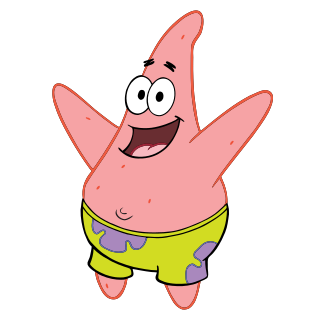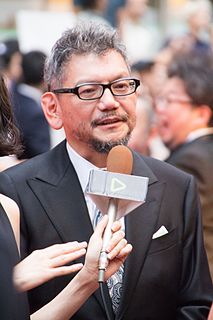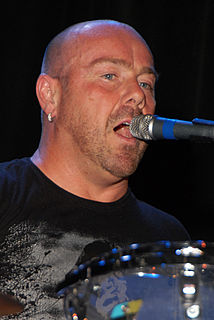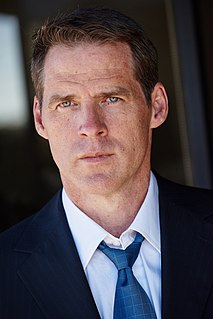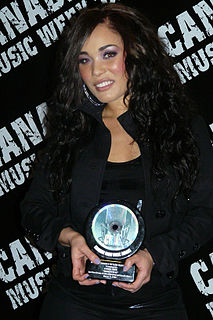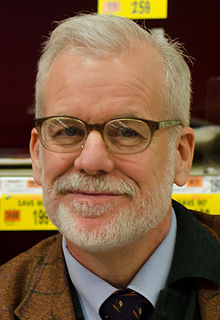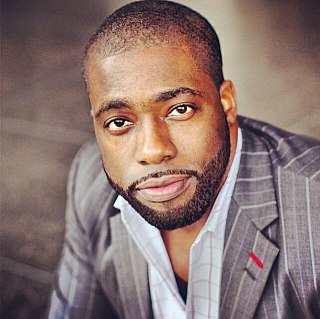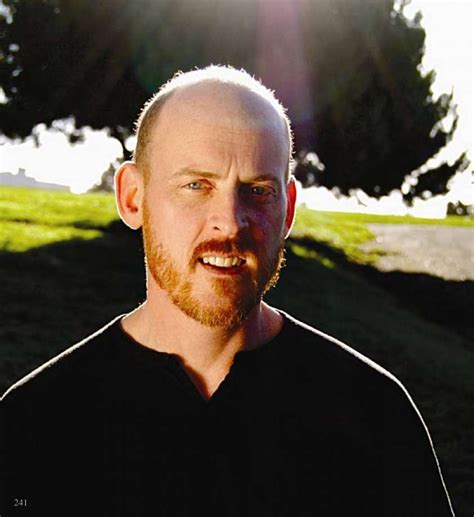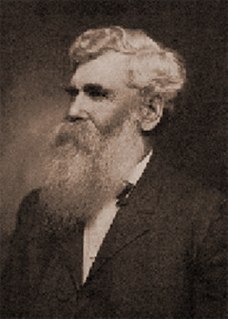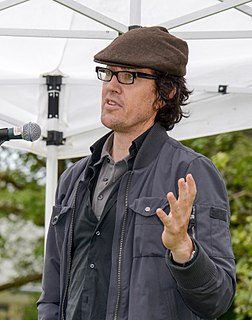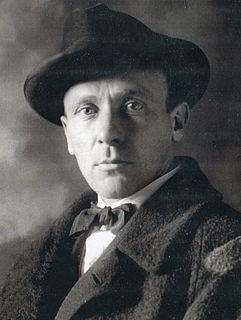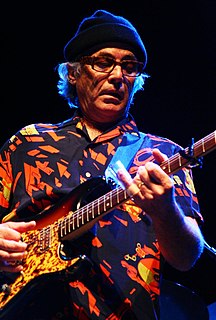Top 1200 Everyone Has A Story Quotes & Sayings - Page 5
Explore popular Everyone Has A Story quotes.
Last updated on April 21, 2025.
Real life is a story, too, only much more complicated. It’s still got a beginning, a middle, and an end. Everyone follows the same rules, you know. . . It’s just that there are more of them. Everyone has chapters and cliffhangers. Everyone has their journey to make. Some go far and wide and come back empty-handed; some don’t go anywhere and their journey makes them richest of all. Some tales have a moral and some don’t make any sense. Some will make you laugh, others make you cry. The world is a library, young Poison, and you’ll never get to read the same book twice.
Eva is a story of repetition. It is a story where our protagonist faces the same situation many times over and determinedly picks himself back up again. It is a story of the will to move forward, even if only a little. It is a story of the resolve to want to be together, even though it is frightening to have contact with others and endure ambiguous loneliness. I would be most gratified if you found enjoyment in these four parts as it takes the same story and metamorphoses it into something different.
What I often do in my work is to take a great story, such as the Odyssey, the search for the Grail, the story of Jesus, or the story of the great peacemaker who helped create the Iroquois Confederacy in the 15th century. I then use these tales as templates upon which to weave psychological and spiritual exercises which allow us to open ourselves up to the larger venue of a story.
Too many writers think that all you need to do is write well-but that's only part of what a good book is. Above all, a good book tells a good story. Focus on the story first. Ask yourself, 'Will other people find this story so interesting that they will tell others about it?' Remember: A bestselling book usually follows a simple rule, 'It's a wonderful story, wonderfully told'; not, 'It's a wonderfully told story.'
The thing I always guard against when I'm talking to people I'm working with about a script is that there's a thing I don't like and it's called "talk story." It's when you're talking about the story; the characters are tasked with talking about the story instead of allowing the audience to experience the story.
Mine is a story about a teenage single mother who struggled to keep her young family afloat. It's a story about a young woman who was given a precious opportunity to work her way up in the world. It's a story about resiliency, and sacrifice, and perseverance. And you're damn right it's a true story.
There is a problem in America. An Irish or Polish American can write a story and it's an American story. When a Black American writes a story, it's called a Black story. I take exception to that. Every artist has articulated to his own experience. The problem is that some people do not see Blacks as Americans.
If you gauge how you're doing on whether somebody is responding vocally or not, you're up a creek. You can't do that; you kind of have to be inside of your work and play the scene. And tell the story every day. Tell the story. Tell the story. Regardless of how people are responding, I'm going to tell the story.
I wrote The Jesus Storybook Bible because I wanted children to know the Bible isn't mainly about you and what you're supposed to be doing. It's about God and what he has done. It's the story of how God loves his children and comes to rescue them. It's a Love Story. It's an Adventure Story. And at the center of the story is a baby - the child upon whom everything would depend. And every single story in the Bible whispers his name.
Translation is harder, believe it or not. You do have to come up with a story, and actually I'm mystified by that process. I don't exactly know how the story just comes, but it does. But in writing a story that you're inventing, versus writing a story that somebody else has made up - there's a world of difference. In translation you have to get it right, you have to be precise in what you're doing.
Everyone feels awkward, everyone feels uncomfortable, everyone gets older, everyone gets lonely, everyone gets sick, everyone eventually dies. You’re at the Aspen Ideas Fest, and you have these really smart, really accomplished people who pretend like they’ve somehow figured out a way to bypass the human condition. We live in this culture where there are so many things that want us to pretend that we’re not truly human.
If they were real, then maybe the world was big enough to have magic in it. And if there was magic — even bad magic, and Zach knew it was more likely that there was bad magic than any good kind — then maybe not everyone had to have a story like his father's, a story like the kind all the adults he knew told, one about giving up and growing bitter.




